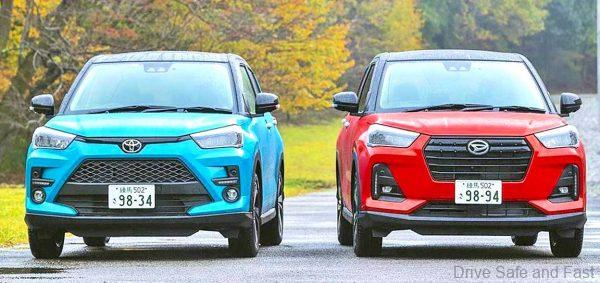Do middle and lower middle class Malaysians want an electric car?
Well, the answer is going to be ‘not anytime soon’ and there is not a thing wrong with this move as for the immediate future (12-24 months) the buyers of electric cars in Malaysia want premium cars only and Perodua senior management know this.
Average Malaysians might like and be interested in the advanced technology of an electric car but they are not ready to buy an electric vehicle yet because of the slow expanding charging infrastructure and the issue of replacement battery costs after 8-10 years.

Yes, as the EV battery costs remain high, lower income car buyers worry about resale value of an EV after 5-7 years as the battery healthy might push used prices down.
Example, a Renault Zoe electric car (which is probably still the best selling EV in Europe) which was launched in Malaysia in March 2016 for RM145,888 is selling in the used car market today for between RM45,000 and RM55,000 depending on battery health.
Battery health equals petrol engine usage (mileage). The high mileage on a petrol engine translates to lower values (imagine the value of a used GRAB ride-sharing Perodua Bezza after 5 years). So, a low battery health means, lower resale value.

In the near future Perodua will be launching a hybrid powered car with great fuel savings and it will come as the Ativa Hybrid. We have already spotted the Ativa Hybrid on test on our roads and it is just a matter of months before it is launched here in Malaysia.
As you probably know, this new hybrid crossover was released by Perodua’s technical partner, Daihatsu Motor Co., Ltd. In November last year. Called “e-SMART HYBRID”, its selling price in Japan ranges from 1,667,000 yen (RM61,133) to 2,318,200 yen (RM85,000).

So, having the relationship with Perodua and being fully manufactured in Malaysia under the watchful eye of big brother ‘Toyota’ we Malaysians will soon be getting a value for money e-SMARThybrid crossover. Yes?
In Japan, the Daihatsu Rocky hybrid fuel efficiency to be 20-30 percent more efficient over its petrol powered version (current Perodua Ativa).

Meanwhile the interest in electric vehicles (EVs) is growing in the Association of Southeast Asian Nations (ASEAN) and East Asia. In 2019, the total number of vehicle sales in ASEAN Member States was 3.4 million, according to the ASEAN Automotive Federation.
The number will increase in the coming 50 years due to population growth and economic development. Since automobiles are expected to be increasingly sought after with economic growth, it is necessary to consider how to cope with the growing demand
for fuel consumption and air pollution, such as greenhouse gas (GHG) emissions, particulate matter (PM), nitrogen oxide (NOx), and sulphur oxide (SOx) in some city areas.
Emerging EV technology could bring about improvements in energy efficiency as well as the environment and health of human beings.